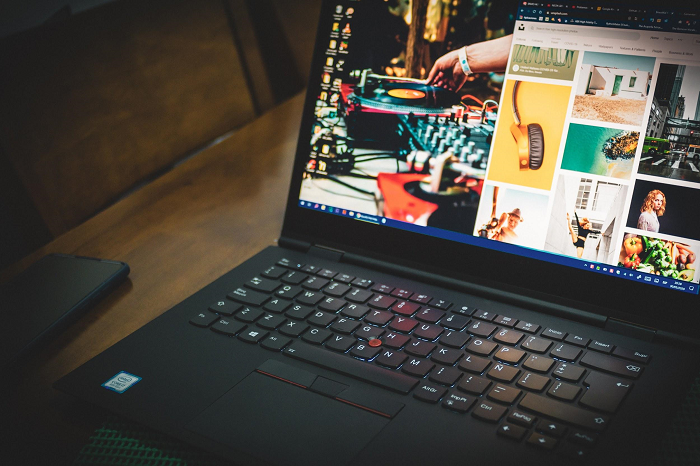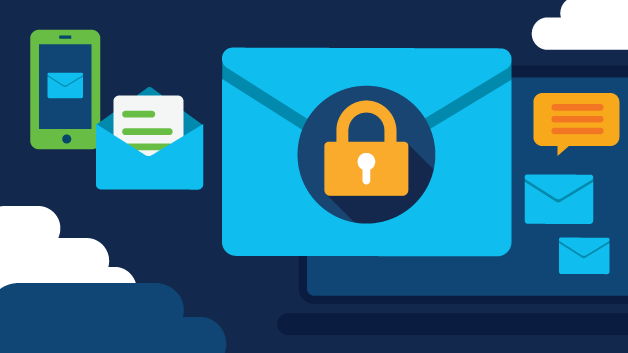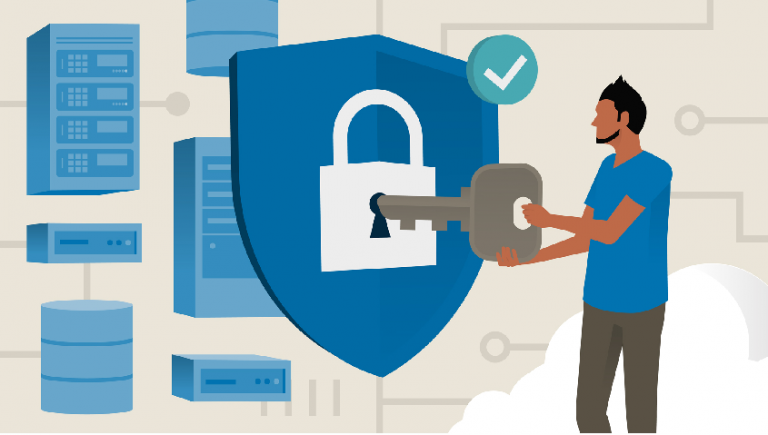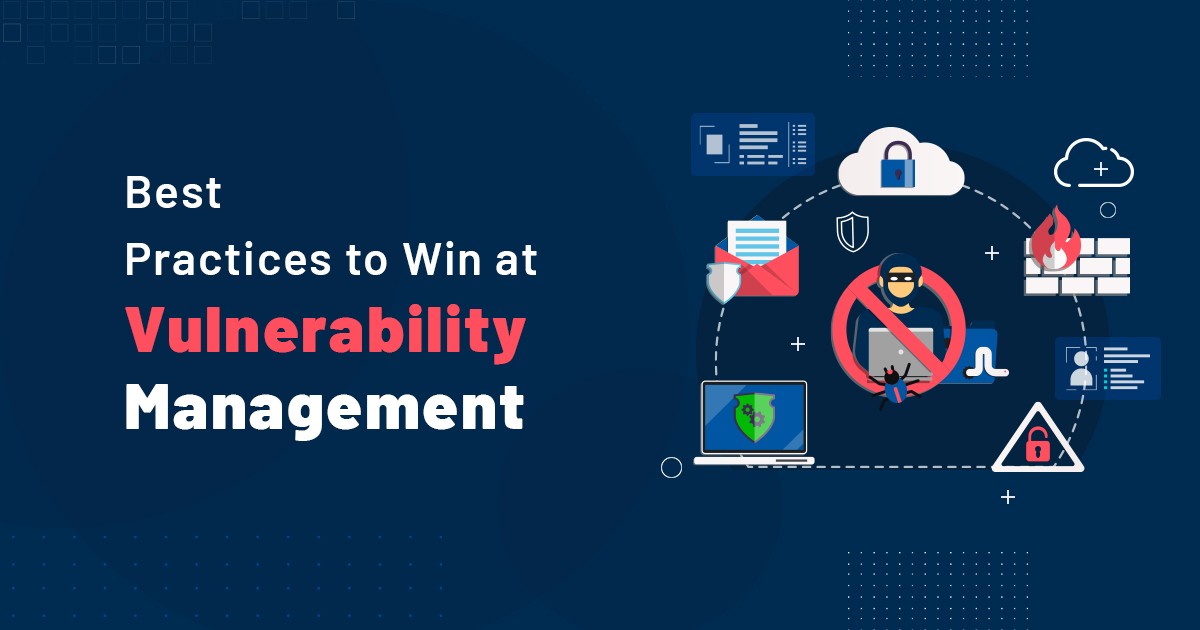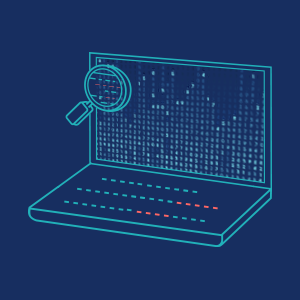Grubhub Data Breach: A Wake-Up Call for the Food Delivery Industry & How Xcitium Protects Against Cyberattacks
Updated on February 6, 2025, by Xcitium

Another major tech company has fallen victim to a data breach, and this time, it’s Grubhub. The popular food delivery platform has confirmed that customer data, including personal information and potentially payment details, has been compromised. This breach highlights the increasing cybersecurity risks facing the food delivery industry, where vast amounts of user data are processed daily across multiple touchpoints, including mobile apps, third-party integrations, and cloud infrastructure.
Cybercriminals continue to exploit weaknesses in digital platforms, targeting companies that store valuable customer data but lack proactive cybersecurity defenses. To prevent these attacks, businesses must move beyond outdated security models and adopt a proactive Zero Trust approach. Unlike traditional security models that assume safety until a known threat is detected, Xcitium’s Zero Trust architecture ensures that the safety or risk of every file, application, or executable is verified—never assuming something is safe just because it hasn’t been flagged as malicious.
Why Food Delivery Platforms Are Prime Cyber Targets
Digital-first companies like Grubhub face unique cybersecurity challenges that make them highly attractive to hackers:
1. Massive Customer Data Storage
Food delivery platforms store personal information, including names, addresses, phone numbers, and payment details.
2. Frequent Third-Party Integrations
APIs and third-party payment processors introduce multiple attack vectors.
3. High Transaction Volume
Millions of transactions occur daily, providing hackers with more opportunities to exploit vulnerabilities.
4. Mobile and Cloud-Based Infrastructure
Attackers exploit cloud misconfigurations and mobile app vulnerabilities to gain unauthorized access.
The Impact of the Grubhub Data Breach
The consequences of this breach extend beyond just leaked customer data:
- Increased Fraud & Identity Theft: Cybercriminals can use stolen information for phishing attacks, payment fraud, or account takeovers.
- Erosion of Customer Trust: Users may abandon platforms that fail to secure their personal data.
- Regulatory & Compliance Risks: Violations of GDPR, CCPA, and PCI-DSS regulations can result in heavy fines.
- Financial & Legal Repercussions: Lawsuits and settlements following data breaches can cost companies millions.
The Problem with Legacy Cybersecurity Approaches
Despite growing cyber threats, many businesses still rely on reactive security measures that only detect known threats after they have executed. Key security gaps include:
1. Assuming Safety Until a Threat is Detected
Many companies, and most endpoint protection platforms, assume files and applications are safe unless flagged as malicious, leaving them vulnerable to zero-day attacks.
2. Lack of Preoactive Threat Diagnoses and Containment
If an unknown, malicious executable enters the system, legacy security models allow it to execute before taking action—leading to data exfiltration and operational disruptions.
3. Over-Reliance on Access-Based Zero Trust
While some companies implement Zero Trust for identity and access management (IAM), they fail to apply Zero Trust principles to files, executables, and applications, leaving their systems exposed.
Xcitium’s Zero Trust Approach: The Solution to Proetcting Against Data Breaches
Xcitium’s Zero Trust architecture is fundamentally different. Instead of assuming something is safe until flagged as a threat, every file, application, and executable is verified before being allowed to interact with business systems.
How Xcitium’s Zero Trust Approach Works:
- No Assumptions About Safety
- Every file, application, and executable is assessed for risk. If its safety is unknown, it is proactively executed in a safe virtual environment until verified.
2. ZeroDwell Technology
- Unlike traditional antivirus software that reacts after an attack, Xcitium’s ZeroDwell technology neutralizes threats by virtualizing their attack vectors , stopping ransomware, malware, and exploits at the source.
3. Proactive Risk Management
- Xcitium eliminates gaps in security by verifying every file before it touches production systems, ensuring food delivery companies like Grubhub are never caught off guard.
4. Scalability for Large-Scale Digital Platforms
- Designed for high-traffic, cloud-based services, Xcitium’s Zero Trust solutions secure millions of user transactions without disrupting business operations.
Steps Businesses Can Take to Prevent Data Breaches
Grubhub’s breach is a reminder that digital-first companies need to rethink their cybersecurity strategies. Key actions to take include:
- Adopt a Proactive Zero Trust Model
- Implement a file- and application-level Zero Trust strategy that ensures every executable is verified before running.
2. Deploy Real-Time Threat Containment
- Prevent malware, ransomware, and other attacks before they execute by using virtualized execution technology.
3. Conduct Regular Risk Assessments
- Continuous monitoring helps detect vulnerabilities before attackers can exploit them.
4. Strengthen Third-Party Security
- Many breaches originate from third-party vendors—ensuring all integrations follow strict security protocols is essential.
5. Invest in AI-Powered Threat Intelligence
- AI-driven behavioral monitoring provides early detection of cyber threats.
How Xcitium Protects Digital Platforms Like Grubhub
Xcitium’s cybersecurity solutions provide real-time protection against evolving cyber threats, ensuring digital businesses remain resilient against attacks.
Key Features of Xcitium’s Security Platform:
- ZeroDwell Technology: Proactively neutralizes unknown threats by virtualizing their attack vectors, preventing ransomware and malware from causing damage.
- Proactive Threat Validation: Ensures every file, application, and executable is verified before interacting with business systems.
- Enterprise-Grade Scalability: Protects global networks, cloud infrastructure, and mobile applications.
- Regulatory Compliance Support: Helps businesses comply with GDPR, CCPA, PCI-DSS, and other data protection regulations.
- AI-Driven Threat Intelligence: Provides real-time monitoring and insights into emerging cyber threats.
- Cloud Native Application Protection Platform: Xcitium CNAPP deliver Zero Trust for the cloud protecting public and private clouds, DevOps workflows, and ensuring safe and secure configurations of cloud infrastructure and applciations.
Conclusion: Preventing the Next Food Delivery Data Breach
The Grubhub data breach highlights the urgent need for digital-first companies to adopt proactive cybersecurity measures. The food delivery industry, like other digital businesses, cannot afford to rely on reactive security models that only address threats after they have already executed.
With Xcitium’s Zero Trust approach, companies can eliminate the assumption of safety, validate every file and executable before payload delivery, and prevent breaches before they happen.
Cybersecurity isn’t about responding to attacks—it’s about preventing them. With Xcitium, protection is a guarantee, not a gamble.


